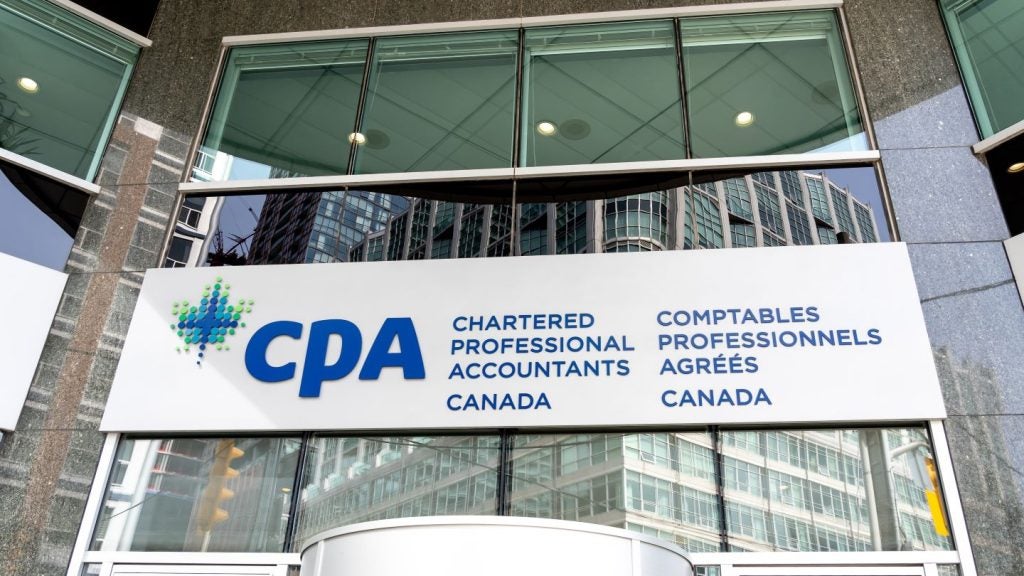On 3 February, the Congress of the USA voted to dismantle the SEC implementation of Section 1504 of the Dodd-Frank Act 2010, a transparency and anti-corruption rule mandating USA listed extractive companies to disclose payments of $100,000 or more made to the foreign governments where they do business at project level during one fiscal year.
The SEC rule had been in the making for many years but due to resistance, mainly from the USA extractive Industry, it was only issued in June 2016. In the meantime, similar disclosure rules have been introduced in the European Union, Norway and Canada.

Access deeper industry intelligence
Experience unmatched clarity with a single platform that combines unique data, AI, and human expertise.
The SEC implementation of the transparency rule had been a bipartisan initiative sponsored by Democrat Senator Ben Cardin and former Republican Senator Richard Lugar, also known as the Cardin-Lugar coalition, that gathered the support from user of financial statements, in particular institutional investors.
In order to promote comparability, all the reporting regimes (the USA one now being repealed, as well as those in Canada and Europe), allowed to report these payments using the standard of the Extractive Industries Transparency Initiative (EITI).
On 1 February the House of Representatives voted 235-187 to repeal Section 1504 and the Senate followed suite on 3 February.
The American Petroleum Institute, an industry lobby group, had successfully sued the SEC's implementation on the grounds that it puts USA listed companies at a competitive disadvantage as it requires them to disclose confidential information to foreign competitors.

US Tariffs are shifting - will you react or anticipate?
Don’t let policy changes catch you off guard. Stay proactive with real-time data and expert analysis.
By GlobalDataThis legal challenge in the courts forced the redraft of the implementation rules, which were finalised in 2016. This delay enabled Republicans at the Financial Services Committee of the House of Representatives to promote a motion of disapproval using the mechanism of the Congressional Review Act. This grants powers to overturn rules of federal agencies recently finalized by an outgoing administration.
In December 2015, at the time of the consultation launched to seek feedback, SEC commissioner and now acting chair Michael Piwowar, expressed opposition to the proposed rules and issued a dissenting statement. Michael Piwowar said that such a disclosure regime was contrary to the SEC's core mission, which must serve investors and not special interests.
"Provisions such as Section 1504 have nothing to do with helping investors. This is yet another situation where politically-connected special interests are using shareholder resources to push their own agenda.
"There is no difference between a company executive who takes resources out of the corporate treasury for his or her own self-interest and a special interest group that does the same," Piwowar said.
He also noted that the rules could put publicly-traded companies at a competitive disadvantage compared to private and foreign companies that are not subject to the SEC's oversight.
The fact that those companies would not be subject to the rule, Piwowar said, "actually undercuts the transparency objectives of Section 1504."
He also expressed concerns over the project-level payment information.
"That information might be used by third-party actors, including non-profit and non-governmental organizations, as a means to extract their own payments in return for not opposing various projects throughout the world."
However, an investor coalition representing $5.6 trillion in AUM that commended the SEC for its leadership in implementing Section 1504 as "the rules were carefully considered and reflected investors’ substantial interest in oil, gas and mining industry payment transparency."
The coalition of institutional investors added: "The SEC’s leadership encouraged the development of a public global disclosure standard that includes the European Union Transparency Directive and regulation under development in Canada.






